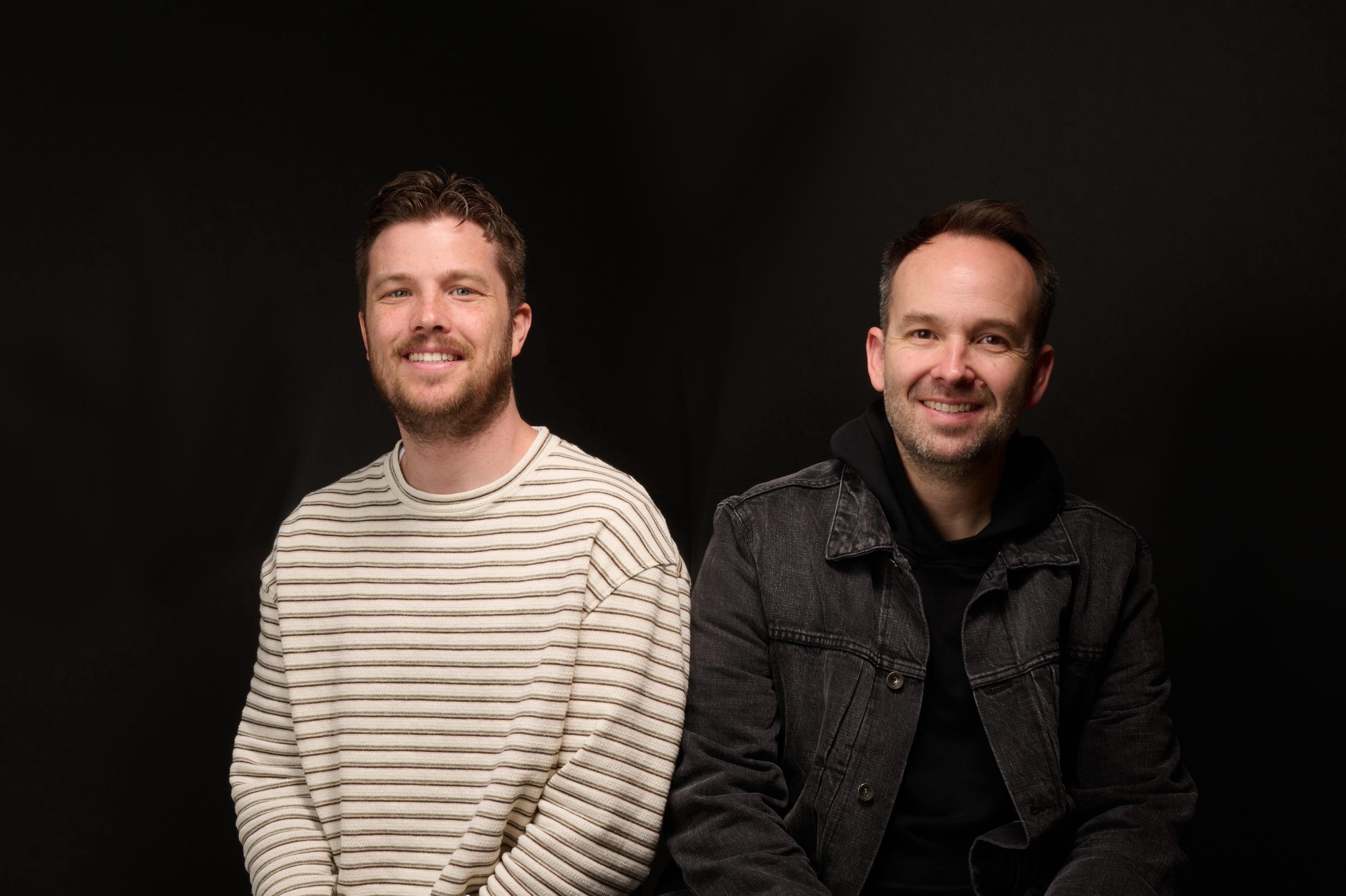
What Is Dissociation? A Trauma Response You Might Be Missing
Dissociation is a common trauma response that causes disconnection from thoughts, feelings, or surroundings. Many people experience dissociation without realizing it—often as a way to cope with overwhelming stress or past trauma. Learn how trauma-informed therapy can help you understand, manage, and heal from dissociation.

Anatomy of a Boundary
Boundaries have become a buzzword, but often lack clear meaning and practical application. A healthy boundary is something you create to protect your well-being, and it’s actionable, within your control, and enforceable only by you. It’s not about controlling others but setting clear, if/then guidelines to protect yourself, like, "If you continue to speak to me this way, I will only engage via text." Learning to set and hold effective boundaries takes practice, but with support, it’s empowering and can improve your relationships.

How to Receive a Diagnosis Without Losing Yourself
A mental health diagnosis can either support or hinder your healing, depending on how you approach it. While some may find comfort and clarity, others might struggle with stigma, over-identification, or feeling limited by their symptoms. By embracing your diagnosis as a tool for understanding and growth, you can move forward with greater self-compassion and clarity in your healing journey.

Do I Have Trauma?
Trauma isn’t always a dramatic event—it can stem from everyday experiences that impact us deeply. Everyone processes trauma differently, which is why even similar situations can affect people in unique ways. Understanding your personal trauma and working through it with a therapist can lead to healing and emotional resilience.

When Anxiety Finally Rests: Why Sleep Can Happen in Therapy Sessions
Learn why some clients feel sleepy during therapy. Explore how the body recovers from chronic anxiety, dissociation, and stress—and why rest can be a sign of healing progress.

Managing Depression with Lifestyle Changes: The Role of Movement, Nutrition, and Sleep
Learn how exercise, diet, and sleep support depression recovery alongside therapy and medication for lasting mental health improvement.





What Your Perfectionism Might Be Saying About You
Perfectionism isn’t just about having high standards.
It’s often about something deeper—a longing to feel loved, accepted, and enough.

How to Show Real Acceptance (Not Just Say You Do)
Real acceptance goes beyond good intentions. It’s not just about saying the right words or checking a diversity box—it’s about becoming the kind of people who want to show up for others in everyday moments.

Breathing, Bears, and the Brain
Of course, doing your trauma work will help clear up the triggers that get your body all worked up in the first place—but I think it’s a great idea to have some of these tools in your back pocket.

Treating the Fever or Healing the Infection? Understanding the Root of Emotional Pain
In many cases, anxiety and depression are not the core problem — they are symptoms of something deeper, like unresolved trauma.

But wait! How do I find a therapist?
Earlier today in the class that I teach at Utah Valley University where I train therapists, one of my students mentioned that typically clients either vibe with a therapist based on process or based on personality.Con

What's the deal with mindfulness?
Notice if your stress level went down. If it didn't, you might do it a few more times. Actually if it did, you still might do it a few more times lol. If it feels like magic, it often does – but it is not.

How does your practice help men?
What does this look like? Well, it's gonna sound disappointing, but it looks like normal therapy. We start with wherever a man is at and look at his own goals and work with that client to help them achieve that goals based on whatever modality is best to do so.

The Importance of a Strong Therapist-Client Relationship in Successful Therapy
The journey to mental health and emotional well-being is deeply personal, and at the heart of effective therapy lies a powerful connection: the therapist-client relationship.

Introducing Arise Counseling Group in Provo, Utah
Our mission is simple: to create a supportive and healing environment where individuals and couples can overcome challenges and reach their full potential.